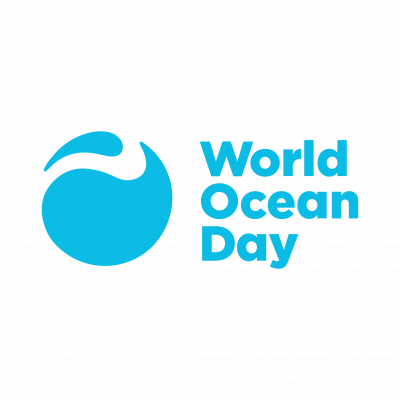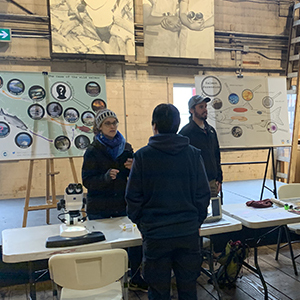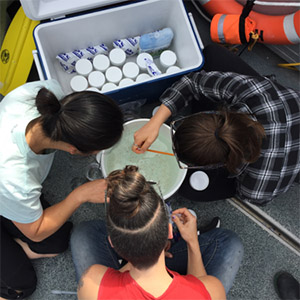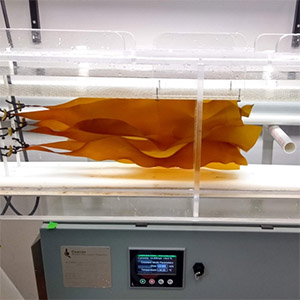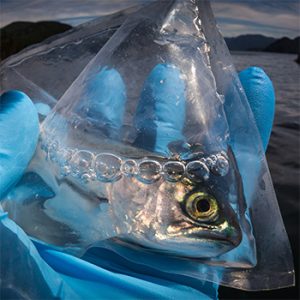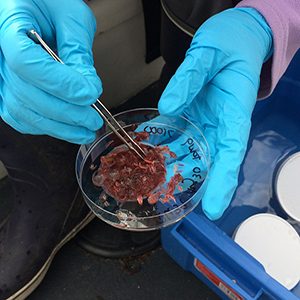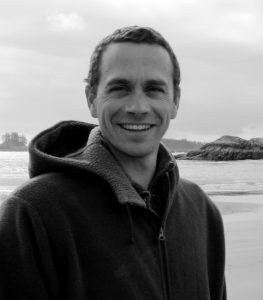2021 World Ocean Day – Dr. Jacqueline Maud
Marine protected areas aim to preserve ecosystem health in the oceans from the top down; Maud’s research looks at the ecosystem more from the bottom-up, and thinks that MPAs can “be tricky.”
2021 World Ocean Week – June 7-11
We asked ocean researchers from the IOF to envision how the target of protecting at least 30% of the world’s oceans by 2030 might be achieved.
Salmon Science Expo
Pelagic Ecosystems Lab researchers engage with community at Gulf of Georgia Cannery
HCI Marine Food Webs – Summer sampling trip to Quadra Island
Hakai Coastal Initiative Marine Food Webs Working Group (FWWG) undertook a 10-day sampling trip which looked at day/night behaviour of bacteria, protists, zooplankton, and parasites in the Strait of Georgia.
How climate-controlled growth flumes could help us explore unanswered questions about kelp and climate change
New equipment creates environmental conditions that mimic the projected future state of our oceans, allowing them play out “what if” scenarios for situations like climate change.
Super Salmon Science
Hakai Institute’s Juvenile Salmon Program investigates factors affecting juvenile salmon across the Discovery Islands and Johnstone Strait.
Hakai Coastal Initiative’s Marine Food Webs Working Group
This collaborative research unit aims to understand how marine food webs operate, with a particular focus on British Columbia’s coastal ocean.
Juvenile Salmon Survival Program gains funding from MITACS and the Tula Foundation
“Salmon are one of the most culturally, ecologically, and economically important fish in British Columbia, however, their stocks have been declining,” said Program leader, Dr. Brian Hunt
